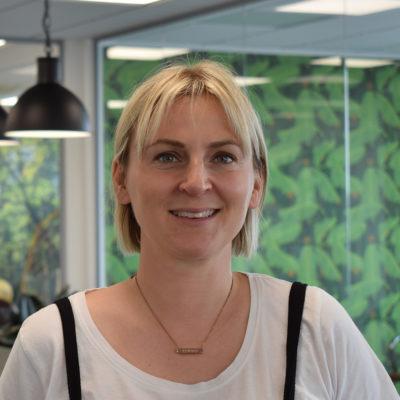As the number of pharmaceutical brands involved in healthcare professional (HCP) social media intelligence projects grows we have seen many leaders in this field start to consider social as a ‘business as usual’ data source. Pharmaceutical brands are regularly commissioning social media market research in order to keep on top of how the industry is responding to their product, therapy area and competitors.
Having access to quarterly or monthly reports plus real-time alerts means brand teams have constant access to the emerging picture and can respond to potential situations immediately. For example, CREATION worked with one brand team who were tracking HCP conversations post launch of a new product. They wanted to be well informed on the ongoing needs of their HCP customers in order to get real time insights and stay ahead of the game. Within this project we discovered early warning signs that the availability of the product was going to be an issue so the team were able to prepare their response in a timely manner. Having real-time insights from front-line clinicians allows brand teams to be aware of threats before they escalate.
Primary market research only gives part of the picture
HCP social intelligence tends to substantiate what we have seen in other more traditional forms of market research. However, we also tend to learn additional insights from HCPs’ unprompted conversations which brand teams were not aware of and consequently did not ask about in focus groups or surveys. One example for a client being when nurses expressed an unknown training need. Offline training was established and we saw nurses using social media to promote the new training to their peers. Our insights often feed into the development of more traditional market research questions where you can probe into what was discovered in more detail.
Tracking provides real time insights on campaign effectiveness
Pharmaceutical companies are starting to implement HCP social media studies as a way of tracking the impact of online and offline tactics and engagement strategies they have implemented in order to understand how they are resonating with HCP audiences. CREATION recently supported a client who wanted to assess if their marketing tactics were reaching their desired audience and helping to develop conversations within their field. Their brand team were able to respond to the unfolding conversation and improve their strategy based on this intelligence.
DOLs are now treated like KOLs
Another trend we see involves brand teams mapping out which healthcare professionals are the digital opinion leaders (DOLs) within their therapy area and producing tailored engagement plans based on insights into their preferred engagement channels and information needs. Identifying which HCPs are influential online is just as important as mapping out your more traditional key opinion leaders (KOLs), and brands are starting to recognise this.
The advantage of isolating the online voice of HCPs is that you pick up the broad conversations that doctors, nurses and pharmacists are having among themselves and the insights from these discussions can be useful for many teams including competitive and business intelligence, marketing, and market access. Adding this type of intelligence into your market research mix is becoming more common and assists pharmaceutical companies with being ahead of the curve.
For more information on this topic watch one of our webinars on how HCP social intelligence is informing brand planning.
 By Katie Kennedy
By Katie Kennedy 

